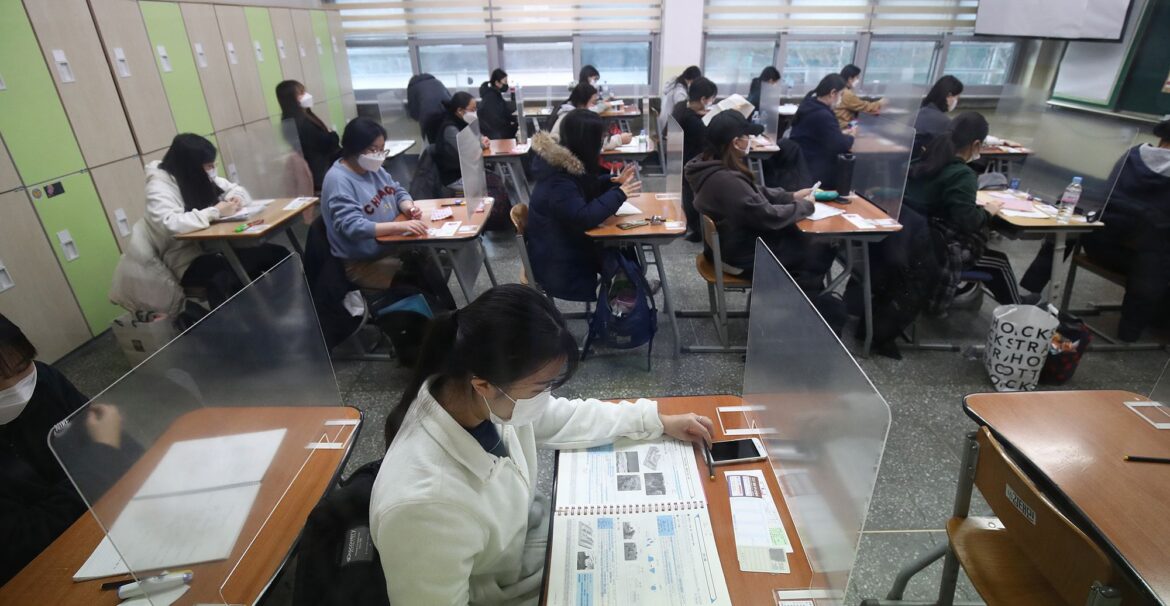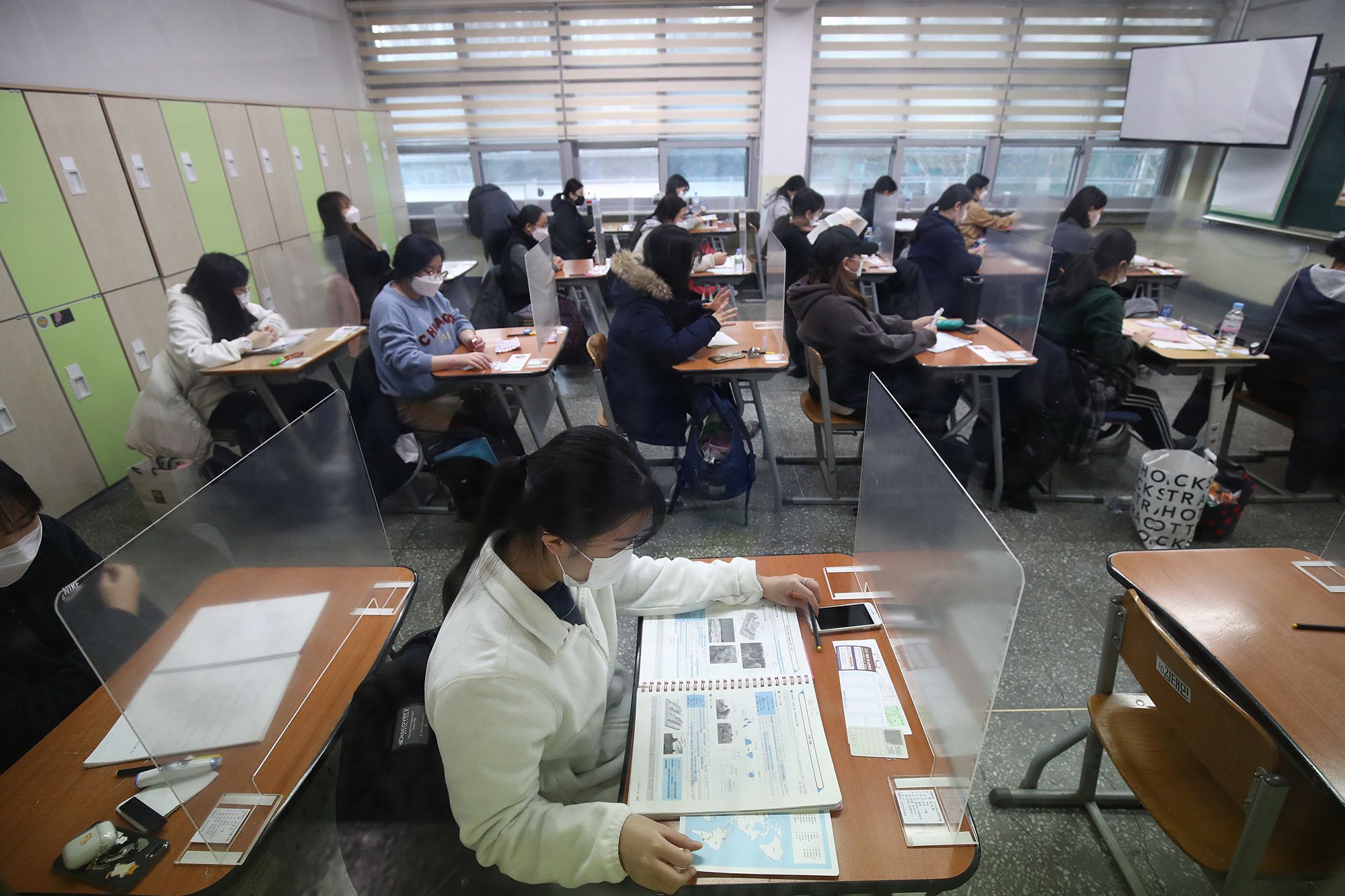Knowing the usual salaries in major Asian countries is important now. That’s because it provides insights into economic conditions, cost of living, and workforce dynamics in those places. For that matter, learn about the average salary in various Asian economies here.

Japan
As one of Asia’s largest economies, Japan offers relatively high average salaries compared to other Asian countries. The average monthly salary in Japan varies by industry and region. However, it generally reflects Japan’s status as a developed nation with very strong industrial and service sectors.
China
China is known for its vast population and growing economy. For that, it shows a wide range of average salaries from different regions and industries.
Coastal cities like Shanghai and Beijing usually have higher average salaries. These are driven by finance, technology, and manufacturing sectors. On the other hand, China’s rural areas may have lower income levels.
South Korea
Known for its strong industrial base and technological innovation, South Korea offers competitive average salaries. This is true, particularly in sectors like electronics, automotive, and healthcare.
Seoul, the capital city, boasts some of the highest average salaries in the country. This basically reflects its status as a global business hub.
India
India’s average salaries vary significantly between urban and rural areas and across industries. Major cities such as Mumbai, Delhi, and Bangalore offer higher salaries in sectors like information technology, finance, and professional services. On the other hand, rural areas often experience lower income levels.
Singapore
As a global financial and business center, Singapore offers some of the highest average salaries in Asia. The city-state’s strategic location, favorable tax policies, and advanced infrastructure attract skilled professionals. They usually come from various sectors like finance, logistics, and technology.
What Factors Can Affect Average Salaries?
- Economic Development: The level of economic development within each country significantly influences average salary levels. Developed economies like Japan and Singapore generally offer higher salaries due to higher productivity and advanced industries.
- Industry and Sector Differences: Salaries vary widely across different industries and sectors. High-tech industries, finance, and professional services typically offer higher salaries compared to agriculture or low-skilled manufacturing.
- Cost of Living: The cost of living directly impacts average salaries. Cities with high living costs often correlate with higher salaries to accommodate expenses such as housing, transportation, and healthcare.
What This Means for Workers and Businesses
Good average salaries help get skilled professionals to key industries and sectors. This can give way to better economic growth. Also, disparities in average salaries can exacerbate income inequality within countries.
Such matters can affect the social mobility and quality of life for lower-income earners. Lastly, understanding average salaries is important for businesses today. This is needed to set good compensation packages, retain talent, and get through labor market trends and regulations.









